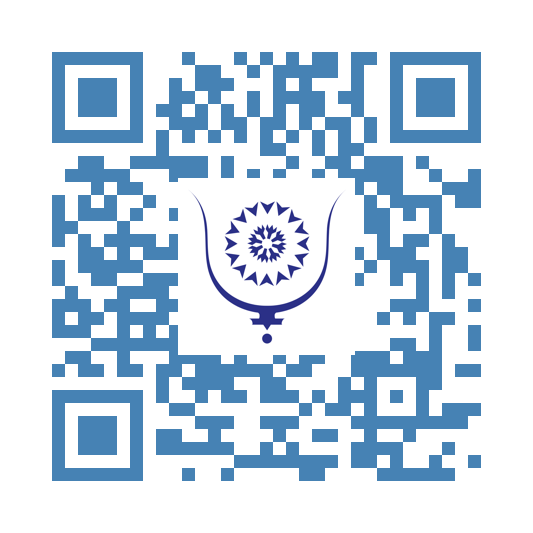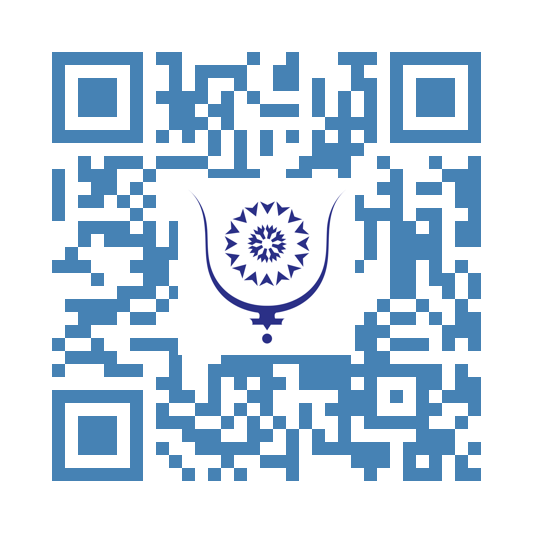Sahara dit occidental : le désarmement du Polisario, dernière carte d’une Algérie contrainte 905
Le désarmement du Polisario apparaît aujourd’hui comme *l’ultime option* à laquelle l’Algérie pourrait être confrontée face à l’évolution géopolitique et diplomatique récente. Plusieurs facteurs convergent vers cette perspective, qui ne relève plus seulement d’une hypothèse, mais d’une nécessité stratégique et politique.
Depuis plusieurs années, la communauté internationale, notamment sous l’impulsion américaine, a clairement fait de la proposition marocaine d’autonomie la seule base crédible de règlement du conflit du Sahara dit occidental. Cette évolution a profondément modifié la donne, marginalisant le Polisario et fragilisant son soutien traditionnel, notamment algérien. L’Algérie, qui a longtemps soutenu militairement et politiquement le Polisario, se retrouve aujourd’hui dans une position délicate, sous pression internationale et face à la réalité sur le terrain.
Les déplacements des milices du Polisario hors du territoire algérien traduisent parfaitement l’impuissance voire la débâcle de l'Algerie, que les séparatistes utilisent sans gêne comme arrière-base logistique. Les incursions des séparatistes dans la zone tampon, partie intégrante du territoire marocain, un espace restreint et sous haute surveillance militaire marocaine, fragilisent considérablement le Polisario, qui en ressort à chaque fois perdant.
Dans un contexte régional déjà tendu, la récente attaque terroriste au Mali illustre l’aggravation des menaces sécuritaires dans la région. Plusieurs villes maliennes ont été prises par une véritable armée terroriste, coalition inédite regroupant toutes les factions extrémistes de la région, avec une participation significative d’environ 300 combattants venus avec leur armes du Polisario. Cette alliance renforce la complexité du paysage sécuritaire en Afrique de l’Ouest et du Nord, brouillant les lignes entre groupes armés et mouvements politiques, et accentuant la pression sur les États voisins, en particulier l’Algérie et ses frontières poreuses. Pour la première fois, les terroristes se sont approchés de la frontière sénégalaise, ce qui n’est pas anodin. Sommes nous à la veille de la naissance d'un autre état islamique?
Aux États-Unis, l’exigence bipartisane de qualifier le Polisario d’organisation terroriste vise implicitement l’Algérie, qui pourrait être désignée comme « État sponsor du terrorisme ».
Face à ces pressions, la junte militaire algérienne dispose de peu d’options. La plus probable est un rétropédalage calibré : accepter la proposition marocaine d’autonomie comme base de négociation. Elle est contrainte, malgré elle, de réduire son soutien militaire au Polisario, qui ne bénéficiera par ailleurs plus de celui de l’Iran et de ses proxys.
Dans ce contexte, le désarmement du Polisario ne serait pas seulement une option militaire, mais un impératif politique et sécuritaire. Le maintien des milices armées, nourries d’illusions et d’armements depuis des décennies, devient un fardeau pour l’Algérie, qui doit désormais envisager leur dissolution, l’arrêt de leur financement et la mise en quarantaine des éléments les plus belliqueux.
Cette démarche implicite s’inscrit dans la logique du règlement politique fondé sur l’autonomie proposée par le Maroc. Elle ouvrirait la voie au retour des Sahraouis séquestrés dans les camps vers leur patrie marocaine. La fin politique du Polisario rend anachronique son existence armée.
Le désarmement apparaît donc comme **la dernière carte que l’Algérie peut encore jouer pour sortir de l’impasse du conflit du Sahara occidental sans perdre la face ni s’exposer à des sanctions internationales**. Ce choix, s’il est imposé par les circonstances, pourrait marquer la fin d’une ère de confrontation armée et ouvrir la voie à une résolution pacifique, bien que douloureuse pour les séparatistes et pour les militaires algériens qui subiraient encore une défaite face au Maroc.
D'un autre côté, il est impératif que l’Algérie permette enfin un recensement précis des habitants des camps de Tindouf et la détermination claire de leurs origines respectives. Chacun sait que les originaires du Sahara marocain y sont minoritaires, de l’ordre d’un tiers des habitants. Ce recensement, réclamé à plusieurs reprises par les Nations unies et le Haut-Commissariat pour les réfugiés (HCR), est essentiel pour garantir la transparence et l’avenir de chacun. Le Maroc n’autoriserait sans doute pas des non-Marocains à s’installer sur son territoire.
Le refus persistant de l’Algérie d’autoriser ce recensement soulève de graves interrogations quant à ses motivations, notamment en raison des contradictions sur le nombre réel des habitants et l’origine des populations, qui ne sont pas uniquement des déplacés du Sahara dit occidental, mais aussi des Sahraouis d’Algérie, de Mauritanie, voire d’ailleurs. Cette opacité contribue à la militarisation des camps et à une situation contraire aux principes de la Convention de 1951 sur les réfugiés, puisque les populations y sont de fait séquestrées et armées, ce qui est incompatible avec le statut de réfugié.
Par ailleurs, un réfugié ne peut être armé. Le désarmement du Polisario est donc une nécessité stratégique et politique majeure pour l’Algérie, face aux pressions internationales accrues, notamment américaines, qui exigent non seulement le désarmement des milices, mais aussi le démantèlement des camps de Tindouf. Il faut souligner que le maintien de milices armées dans ces camps représente un véritable fardeau pour Alger et un obstacle à des relations pacifiques dans la région toute entière.
Le recensement des populations est donc une étape incontournable pour distinguer clairement les civils réfugiés des combattants armés, condition préalable au désarmement et à la dissolution des milices du Polisario. Sans cette clarification, la communauté internationale ne peut contrôler la situation, prévenir les fraudes et garantir la sécurité régionale.
En somme, l’Algérie doit cesser de fuir ses responsabilités en autorisant enfin un recensement sous supervision internationale, ce qui ouvrirait la voie à une gestion plus transparente et humaine du conflit, tout en facilitant le désarmement du Polisario, indispensable à une solution politique durable fondée sur l’autonomie proposée par le Maroc. Ce choix, bien que difficile, est aujourd’hui incontournable pour éviter l’isolement diplomatique, le risque de sanctions et la dégradation sécuritaire dans la région.
Toutefois, cette option reste délicate et lourde de conséquences pour Alger, qui doit avant tout convaincre sa population du changement de paradigme et trouver des solutions pour les séparatistes dont les mains sont entachées de sang.
Le désarmement du Polisario, loin d’être une simple opération militaire, sera un tournant majeur dans la dynamique régionale et un test décisif pour la diplomatie algérienne. Pour cela, il faudra beaucoup de courage et peut-être de nouveaux hommes.




